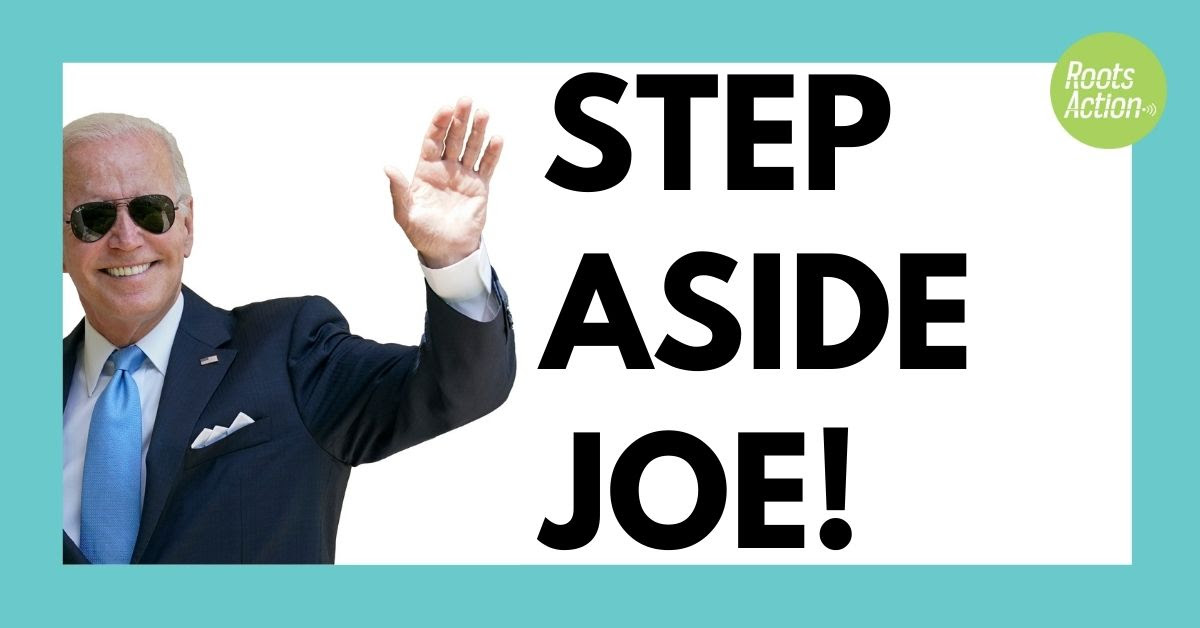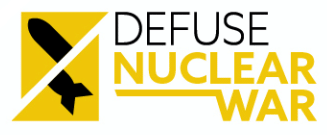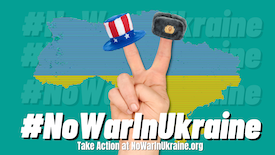The government hates leaks of classified information. Except when it doesn’t.
The Senate report describes a C.I.A. effort to reveal favorable classified information as a way to bolster support for its interrogation and detention program. Unlike other, unfavorable, stories that prompted leak investigations, reporter subpoenas and prison sentences, these disclosures led everyone to look the other way.
Ronald Kessler’s book “The C.I.A. at War,” for example, revealed classified information, but it had been blessed by the C.I.A., so no leak investigation was opened. Mr. Kessler earned cooperation for another book, “The Terrorist Watch,” because officials wanted to undercut the F.B.I. and make the C.I.A. look good, the committee report says. After meeting with the C.I.A., documents show, Mr. Kessler wrote that members of Congress and the media “have made careers for themselves by belittling and undercutting the efforts of the men and women who are trying to protect us.”
A New York Times article by Douglas Jehl similarly revealed classified information. But it came from the C.I.A. press office — anonymously – so the agency said it was not a crime. The article quoted an anonymous official as saying the program “saved lives.” In another instance, Mr. Jehl received cooperation for a story after providing the C.I.A. an outline and assuring officials that the story would emphasize that the interrogation program worked. The story was not published, the committee wrote.










